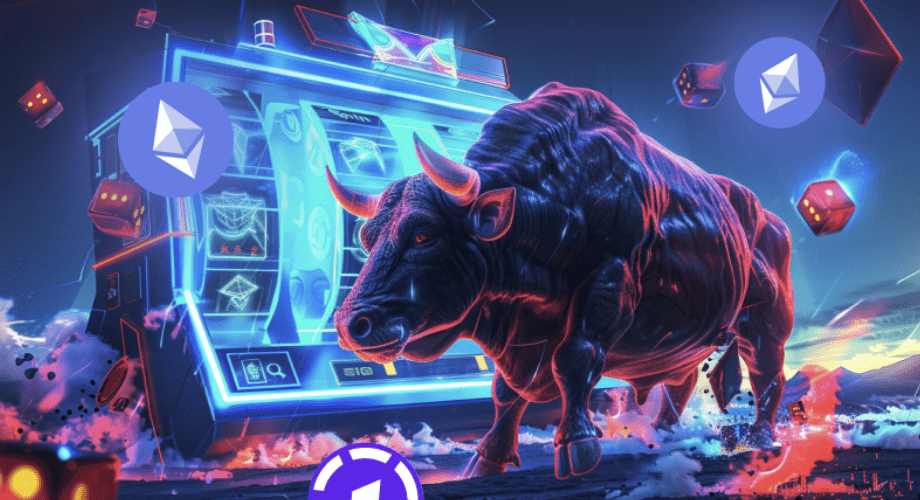Table of Contents
DAOs or decentralized autonomous organizations are an integral part of the blockchain world as they ensure that a project is transparent and decentralized. The crypto world has been flirting with the idea of a DAO since Bitcoin managed to remove intermediaries from the crypto transactions. The next step to revolutionize the DeFi world was to create an organization that does not support hierarchical management.
DAOs of the crypto world keep the platform in check by giving its community the right to dictate the company's future. As the community and token holders govern the platform, they can mutually vote on the most beneficial and prosperous future for the organization and eliminate the ideology of personal gain.
PhoenixDAO is an exemplary DAO that not only offers the community the ability to govern the platform but also increases rewards. For a user to be able to vote, they must stake PHNX tokens which will help them earn passive income by staking.
How does a DAO work?
Bitcoin was considered the first semi-functional DAO model as it has a predefined set of rules and a distributed consensus protocol. However, as Ethereum Network introduced the concept of smart contracts, it made the DAO more accessible to the community members.
A DAO still has a set of predefined rules according to which it operates, but they are now encoded on smart contracts. Once the rules are in place, the DAO's look for funding either from their ecosystem or through external sources. The PhoenixDAO is a self-reliant DAO that uses the revenue generated from the products within its ecosystem. As a DAO becomes autonomous and independent from the creators, they become transparent, immutable, and incorruptible.
Once the DAO is established, contributors of the organization can start submitting and voting on the proposals. A DAO is an integral part of the blockchain as it ensures that the platform remains decentralized and the community gets a say about their investment.
The revolutionary DAO by PhoenixDAO
PhoenixDAO is an entirely decentralized, community-led, open-source project that has become a complete DeFi enabled ecosystem. One of the core ideologies of PhoenixDAO is ensuring that no single entity gains control over the project and attains it by giving control to a decentralized community of investors of the PHNX token.
The DAO in the Phoenix ecosystem is referred to as The PhoenixDAO and is at the forefront of the project as it allows the community to vote and suggest on all spending decisions. The DAO is built on the fundamental protocols within the ecosystem which includes the identity and authentication protocols.
The PhoenixDAO operates using this set of rules,
- The PhoenixDAO allows the token holders to vote on all spending decisions, and every PHNX spending is posted on the running budget page to ensure transparency.
- The PhoenixDAO is a self-reliant ecosystem that does not rely on donations.
- The participants of the governance can earn PHNX tokens.
- The PhoenixDAO is an open-source and open framework platform that welcomes participation from anyone around the world.
- A vital part of the DAO is that users must stake PHNX tokens into contracts to become eligible for voting rights. However, on staking tokens, the person will receive additional rewards.
To become eligible for a reward from The PhoenixDAO governance, users must first stake a minimum value of tokens. The number of tokens required to stake for voting is different from the number required for submitting a proposal. After staking the tokens, the user will receive a reward of 20% of the total PHNX staked.
PhoenixDAO has developed a rewarding DAO for the community to incentivize participation and ensure a long prosperous future. For more information about the project, visit https://phoenixdao.io/. Also, follow their Twitter and Telegram for all the recent updates.
Disclaimer: This article is provided for informational purposes only. It is not offered or intended to be used as legal, tax, investment, financial, or other advice.
Investment Disclaimer







